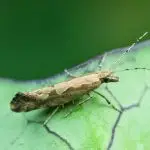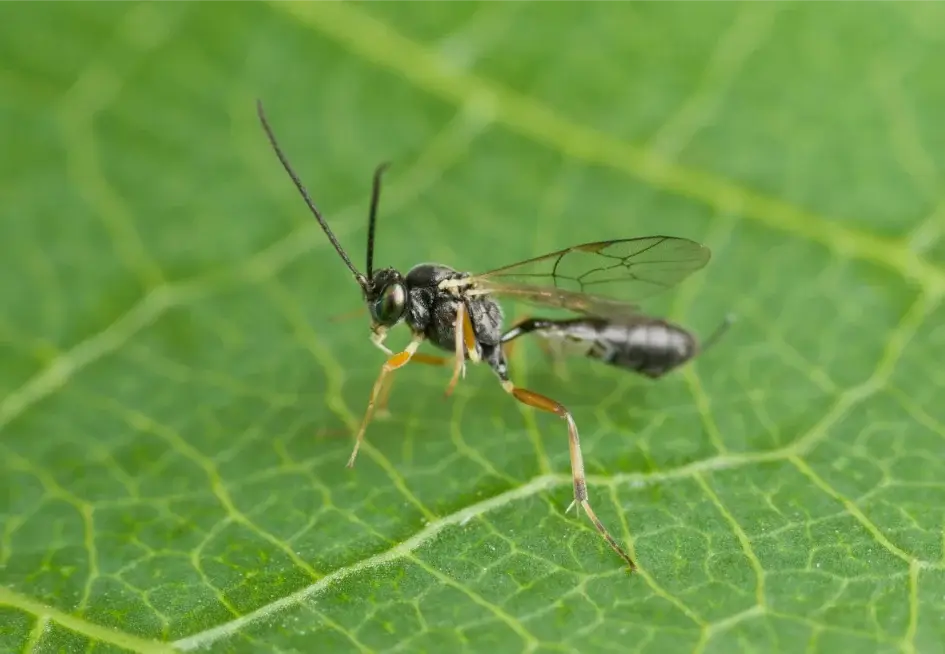Diadegma
Overview
Diadegma semiclausum (Diadegma) is a parasitoid wasp that lays its eggs into the developing larvae of the Diamondback Moth or Cabbage Moth (Plutella xylostella). Diadegma is the most commonly found parasite of this pest in Australia.
Diamondback Moths are major pests of most brassica crops such as broccoli, cauliflower, cabbage, radish, canola, mustard, kale and various Asian greens.
Diadegma are strong fliers and will move quickly through a crop. They can be released in any brassica plantings where no harmful chemicals have been used. They will be most useful when used regularly throughout the year over larger areas, or whole districts. Regular, low-level inoculations starting in late winter to early spring are very useful in establishing wasp populations and will considerably aid control of the pest.
Pests Diadegma can help you control
You can use the parasitic wasp Diadegma to control the Diamondback Moth.
How Diadegma controls pests among crops
Diadegma prefer to lay their eggs into very young moth larvae that have just left their protective mines in brassica leaves. Outwardly, a parasitized larva looks no different to an unparasitized larva. Once the grubs pupate, unparasitized hosts develop into moths within a day or two while parasitized hosts remain in the early pupal stage for 2 to 5 days. The developing wasp spins its silken cocoon inside the cocoon of the Diamondback Moth and emerges into another adult wasp a few days later.
Female Diadegma can lay up to 800 eggs in a 25-day lifetime if a suitable sugar source is available. In the absence of honey or nectar, adults will only survive 3 or 4 days. Our release containers incorporate a wick which you will need to soak in a honey solution before you hang them in the field. This will give the newly hatched wasps a readily available sugar source.
Certain pesticides and fungicides affect Diadegma so contact your local Biological Services consultant for specific advice.
How you can order Diadegma
You can order Diadegma from Biological Serivces as pupae on paper cards (250 or 500/punnet). You put them into our "release containers" before placing them out into your field where the wasps will emerge.
Get tailored advice for your commercial crop
To speak with one of our qualified consultants about your current commercial crop challenge or to learn about the benefits of the IPM maintenance and monitoring services we provide, contact us.




